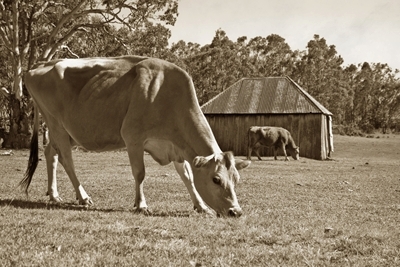This is the first in our “Facts and Fiction” series of mini-book reviews. Each blog entry will briefly describe one non-fiction and one fiction title that might interest editors and other lovers of language.
The Story of English
By Robert McCrum, Robert MacNeil and William Cran (third edition). Penguin, 2002.
I’ve always loved this book, originally published in 1986 in conjunction with an excellent PBS TV miniseries. The Story of English takes a scholarly yet entertaining and engaging approach to an important subject: how English has been a living language throughout its history of more than 2,000 years — a language that is eminently capable of continual adaptation and movement into new communities and cultures.
Interestingly, as Robert McCrum says in the introduction to the 2002 revised edition, the authors had no idea at the time of writing (pre-World Wide Web) that the phenomenon known as “global English” was about to burst upon us. Still, their original text stands up well and is fascinatingly prophetic.
The book describes in 10 chapters how English is the language of commerce and culture used by huge numbers of people around the world, either as their first language or as a secondary aspect of their daily lives. For example, English is the accepted language of science and technology, commodities trading, world news media and a significant proportion of pop music and film.
This book describes how English “does what it wants to,” easily forming what the authors refer to as “varieties.” They choose not to use the term “dialect” because of its negative connotations. They also tackle the thorny question of the sense of superiority felt by speakers of the Queen’s English or BBC English. They point out that correct or proper English is a relatively new concept — one that is mostly irrelevant to the large numbers of people around the world who regularly use some form of English to communicate.
- Suggested reading: What’s the Future of English?
Can’t and Won’t
By Lydia Davis. Farrar, Straus & Giroux, 2014.
Lydia Davis, an American writer, was awarded the Man Booker prize in 2013. Her works defy description. Only by actually reading her “stories” or “essays” (perhaps even “poems”), some of which are only one or two sentences long, can you begin to understand how original, perceptive and profoundly emotional her writing is, despite her tendency towards extreme degrees of brevity and (often) truly mundane subject matter.
 Davis is often hilariously funny as well. “The Cows” is one of my favourite pieces in Can’t and Won’t. The text is remarkably silly and yet totally compelling. You find yourself reading quickly to see what is going to happen, all the while knowing that nothing will happen. You eagerly read on for 15 pages (a very long piece for Davis): “Each new day, when they come out from the side of the barn, it is like the next act, or the start of an entirely new play.” The cows just stand around when they are not involved in parades and processions in the field. They are described as if they are a work of visual art. Suddenly (excitingly), “One thinks there is a reason to walk briskly to the far corner of the field…” Yes, it sounds absurd, and it is. But, as they say, you had to be there.
Davis is often hilariously funny as well. “The Cows” is one of my favourite pieces in Can’t and Won’t. The text is remarkably silly and yet totally compelling. You find yourself reading quickly to see what is going to happen, all the while knowing that nothing will happen. You eagerly read on for 15 pages (a very long piece for Davis): “Each new day, when they come out from the side of the barn, it is like the next act, or the start of an entirely new play.” The cows just stand around when they are not involved in parades and processions in the field. They are described as if they are a work of visual art. Suddenly (excitingly), “One thinks there is a reason to walk briskly to the far corner of the field…” Yes, it sounds absurd, and it is. But, as they say, you had to be there.
Those who subscribe to the Times Literary Supplement and who regularly become swamped by piles of old and not-yet-read issues will enjoy her four-page piece entitled “How I Read as Quickly as Possible Through My Back Issues of the TLS.” She does want to read about sow bugs and bumblebees, among other things, and she does not want to read about Ronald Reagan.
Although the comic aspects appeal to me most, in other pieces Davis subtly digs into our deepest feelings and the big and serious questions we all must face. She does this in the fewest possible words, omitting all but the most important details. Davis seems to have invented a whole new style of writing.
If you’re interested in submitting book reviews for the “Facts and Fiction” series, contact us at blog@editors.ca.
Discover more from The Editors' Weekly
Subscribe to get the latest posts sent to your email.
